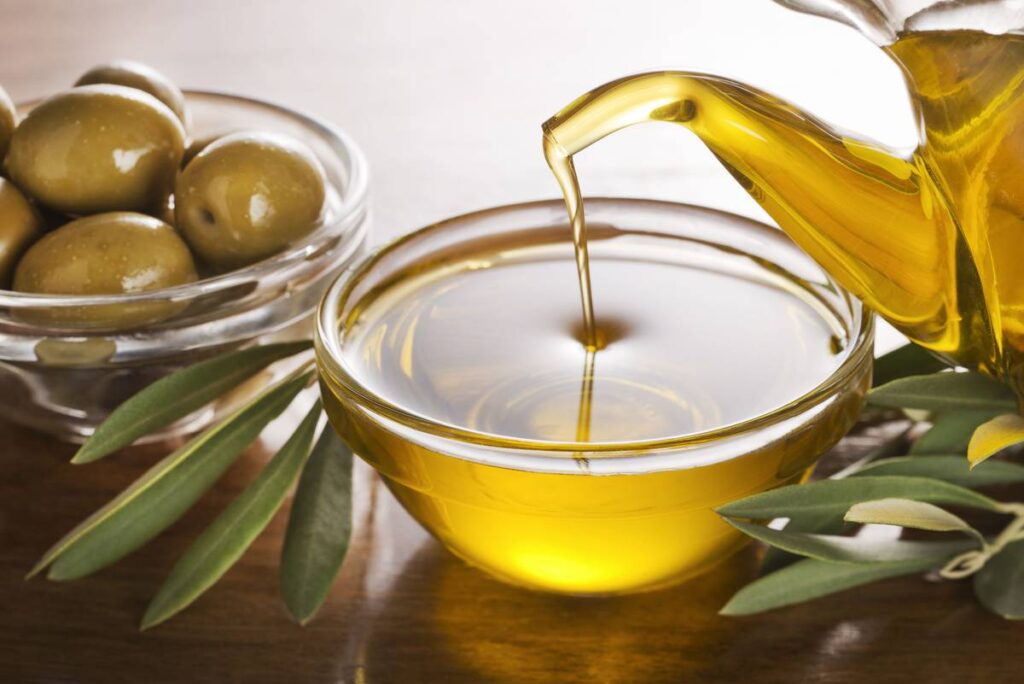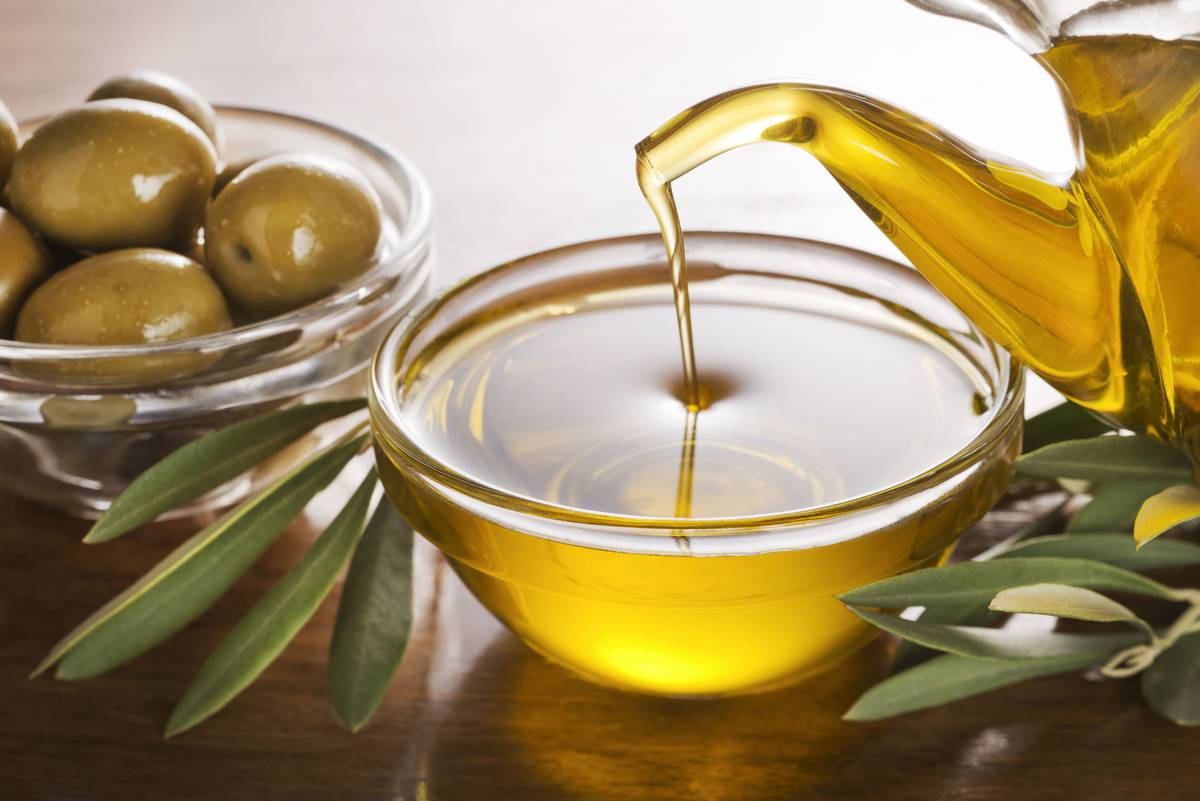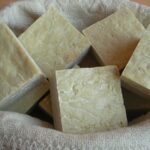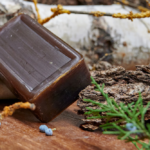- A short history of the olive tree
- Olive oil through the ages
- Olive oil had many uses
- The specifics of olive oil
- The conservation of olive oil
- The benefits of olive oil and the Mediterranean diet
- Organic
- What is organic?

Olive oil has been in our lives for a very long time and has many benefits in both food and health. In this article, we touched on many points from the history of olive trees to the usage areas of olive oil.
A short history of the olive tree
According to Greek mythology, the appearance of the olive tree dates back to a legend, that of Cecrops, the mythical founder of Athens and first king of Attica, on the Greek peninsula. The story goes like this:
“One day, the gods decided to come to Earth to make sure that men lived properly and did not forget to honour them. They arrived in the middle of a conciliation meeting, while the poor inhabitants of Attica were desperately looking for a name for their new city. Poseidon, god of the sea, and Athena, goddess of wisdom, offered their names simultaneously. They chose Cecrops, the first king of the territory, as their referee.
Poseidon struck the Acropolis with his trident, gave birth to a saltwater spring and offered Cecrops a magnificent black stallion capable of winning every battle. Then Athena sprang up from the sunburnt earth an evergreen tree for nourishing and caring for men: the olive tree. Cecrops found the goddess’ gift far more useful to his people, and Athena became the protector of Athens, named after her protector.”
A true symbol of the city of Athens since antiquity, the olive tree also symbolizes life and seems as old as the world. It is still today the emblem of Mediterranean civilization.
Olive oil through the ages
The first traces of planting date back 3000 years BC. At that time, the Phoenicians exported olive oil by boat to North Africa, and the Greeks supplied the Etruscans (Italian people). Rome made it travel throughout her empire, to India.
Olive oil had many uses:
it was used for food, for medicinal purposes (in the preparation of potions), to heat muscles, to nourish hair and in the composition of soaps. Olive oil was also used for lighting: it burned in a small earthenware or bronze lamps.
The growing popularity of the Mediterranean diet, also known as the Cretan diet, boosted the consumption of olive oil, which was then considered a real health asset. Numerous scientific studies have, for example, demonstrated its beneficial effects on cardiovascular disease and the brain.
Today, the primary production basins of olive oil are located around the Mediterranean, with Spain, Tunisia, Italy and Greece and Turkey.
The specifics of olive oil
- The conservation of olive oil
Olive oil is a precious and fragile material because it is a virgin oil, simply extracted by mechanical and cold processes. Its taste and nutritional qualities can be altered under certain conditions: contact with oxygen, with light or with some metals. It is therefore advisable to keep it in a tightly closed container, in a clean and fresh place, and away from direct sunlight.
This is why we mostly have chosen to offer virgin olive oils in tinted glass or cardboard packaging which protect them from these alterations and thus guarantee an optimal conversation throughout their usage.
In addition, we do not recommend pouring the oil, except for immediate use, into transparent oil boxes, as it would be less protected than in the original packaging.
- The benefits of olive oil and the Mediterranean diet
Naturally rich in unsaturated fats, oleic acid and antioxidants, olive oil is inseparable from the Mediterranean diet, also called “Cretan diet”.
This diet refers to the eating habits present in the countries located around the Mediterranean Sea and is characterized by abundant use of olive oil. It can be summed up in three main principles:
– Moderate food
– A wide variety of foods (and therefore nutrients)
– An active daily life.
Organic
What is organic?
Organic farming is a mode of production and processing respectful of the environment, animal welfare and biodiversity, which provides solutions to climate change. It is a set of agricultural practices which respect the ecological balance and the autonomy of farmers.
More and more farmers realize their impact on the environment. Peasant agriculture, agro-ecology, synergistic or natural agriculture, sustainable agriculture … are all models where knowledge of biological rhythms, respect for the quality of life of farmers, refusal of GMOs, etc. are put in the foreground, each in different proportions, but with the same objective: the harmony between man and nature.
If you wish to buy Turkish Olive Oil or Olive Oil products from Turkey, please do not hesitate to contact us by mail at [email protected] or to call us at +90 532 361 5149. We can help you to get in direct contact with producers or provide you everything that you need.











